On June 10th students, activists, and scholars met at Purdue University for the 2016 annual Midwest Labor and Working Class History (MLWCH) conference. This year’s conference theme was “Social Justice for a Global Working Class,” and presenters were asked to tackle the question of how their research, and activism could contribute to a greater understanding of issues facing working class people around the world.
Papers from the disciplines of sociology, political science, literature, labor activism, and history all dealt with this question in various ways. From performance based labor (in the service industry, circus work, or by Disney employees) to questions over race and periodizing the Gilded Age, the papers and conversations centered on how to use working class studies to build larger frameworks of understanding for labor issues.
Mitchell Sonntag, a member of the United Brotherhood of Carpenters and labor organizer, expounded on this point quite well in his paper “21st Century Labor Fights Back: The low-wage worker movement.” “This isn’t complex mathematics,” Sonntag argued, “We are talking about people…Do you agree, or not, on fairly compensating people for their time?” Continuing, Sonntag outlined the promises of the Fight for 15 movement, and how it was heartening to see an issue of labor so enthusiastically mobilizing the general population. He stressed that further efforts and support were needed to keep this focus alive, before offering statistics and research to counter popular anti-labor talking points. “We aren’t talking about ‘Mom and Pop’ shops here folks,” Sonntag argued. “These are global corporations that have the means to fairly and generously compensate their workers.”

Marlana Eck, a PhD student and editor of the journal Lehigh Valley Vanguard, also spoke on current issues by examining the way adjuncts are using social media as a form of testimony. Her paper, “The Neoliberal University: #realacademicbios as Genre,” focused on the way #realacademicbios did the important work of demystifying and removing the romanticization of adjunctification. Doing so, Eck argued, allowed for a more honest portrayal of neoliberalism in the modern academy, and forced a frank discussion over how college administrators were jeopardizing the very mission of universities. “When you are expected to live in a precarious situation, you can’t be expected to be a good teacher,” Eck explained. “School administrators have ceased to be educators, and instead are business managers.” Concluding she argued, “Humanities face the greatest cutbacks, and not surprisingly, [the humanities] are the biggest critics of neoliberalism.” A university system based on human development, and not one that simply met the needs of global capital, should be pursued by activists, policy makers, and educators Eck stressed.
Gender based issues in working class studies were also explored. Michelle Martindale, a PhD student at Purdue University, and Tariq Khan, a PhD candidate at the University of Illinois, Urbana-Champaign, gave papers respectively on the way gendered hierarchies were duplicated in school settings, thereby impacting future employment, and how sexual violence was used as a tool by the state to counter radical politics.
Concluding the conference was a plenary panel where Lisa Phillips, a professor at Indiana State University, and Michael Billeaux and Trish Kahle, PhD students at the University of Wisconsin-Madison and University of Chicago, gave papers on the concept of class in working class studies, and how that affected popular movements.
Phillips read from recent research she was working on that dealt with performative labor at Disney’s theme parks, while Billeaux discussed new work he was doing on race in the labor movement.

Kahle concluded the conference by providing a very insightful paper entitled “Working-Class Environmental History in the Anthropocene.” Tying the themes of the conference’s global focus together through the analysis of class, Kahle argued the anthropocene was a powerful concept because it tied the necessity of labor studies to the very survival of the planet and our species. “[The anthropocene] contains the profound question of human survival, continuation, and possible flourishing,” Kahle explained, “or [our] destruction.” As such, it is a question labor scholars and activists should take very seriously.
Started a number of years ago by graduate students associated with LAWCHA, the purpose of MLWCH has always been to allow graduate students in labor history to meet, network, and discuss each other’s research. However following last year’s unfortunate cancelation, the organizers of this year’s conference decided it would be best to open MLWCH to all people, undergraduates, activists, independent scholars, and professors.
Given the vigor of discussion, and breadth of papers, hopefully this practice will continue.
Andrea Ringer, a PhD student at the University of Memphis, who presented a paper on circus workers and global workforces, has agreed to organize MLWCH 2017. So far, she is planning on keeping the conference open to all, thereby solidifying the conference’s move from a graduate student gathering to a fully developed regional conference. Please be on the lookout for a formal “call for papers” in the coming months from Ringer.
As anyone who has ever organized a conference knows, these gatherings require the hard work of many individuals. Therefore, many thanks are in order to the Purdue history department, and leadership of LAWCHA, who supported this year’s conference, as well as the staff and volunteers in Purdue’s various departments who helped with the basic tasks of putting on MLWCH 2016. With the growing presence of the Midwest History Association run by Jon Lauck, and MLWCH’s new focus on integrating activists and academics, hopefully the Midwest Labor and Working Class History’s annual gathering continues to grow as a regional conference that serves the need of presenting important research on working class studies which, in turn, forces greater engagement in social reform.
Given the high standard the presenters set at MLWCH 2016 there is little doubt this possibility is a very likely reality.



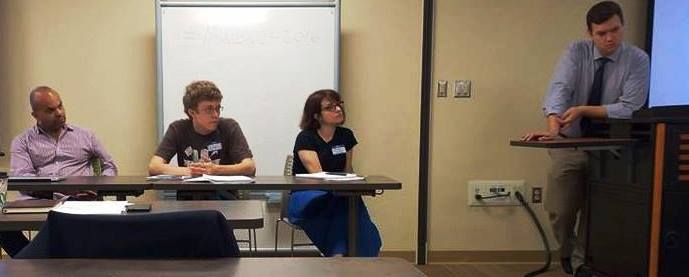
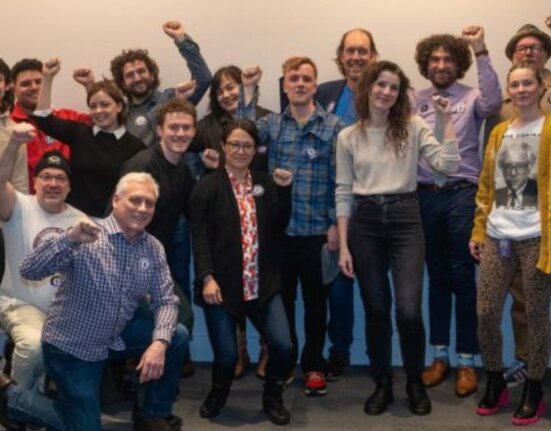
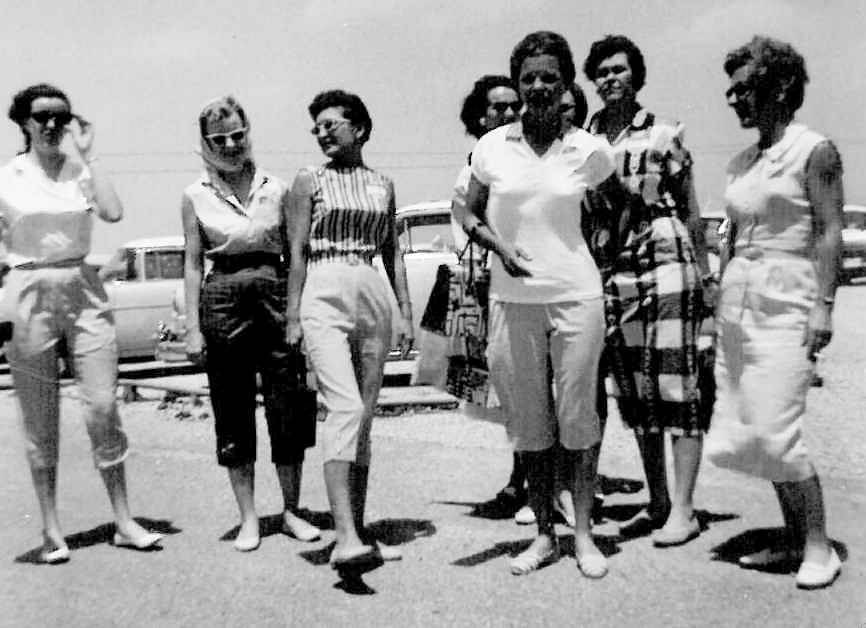

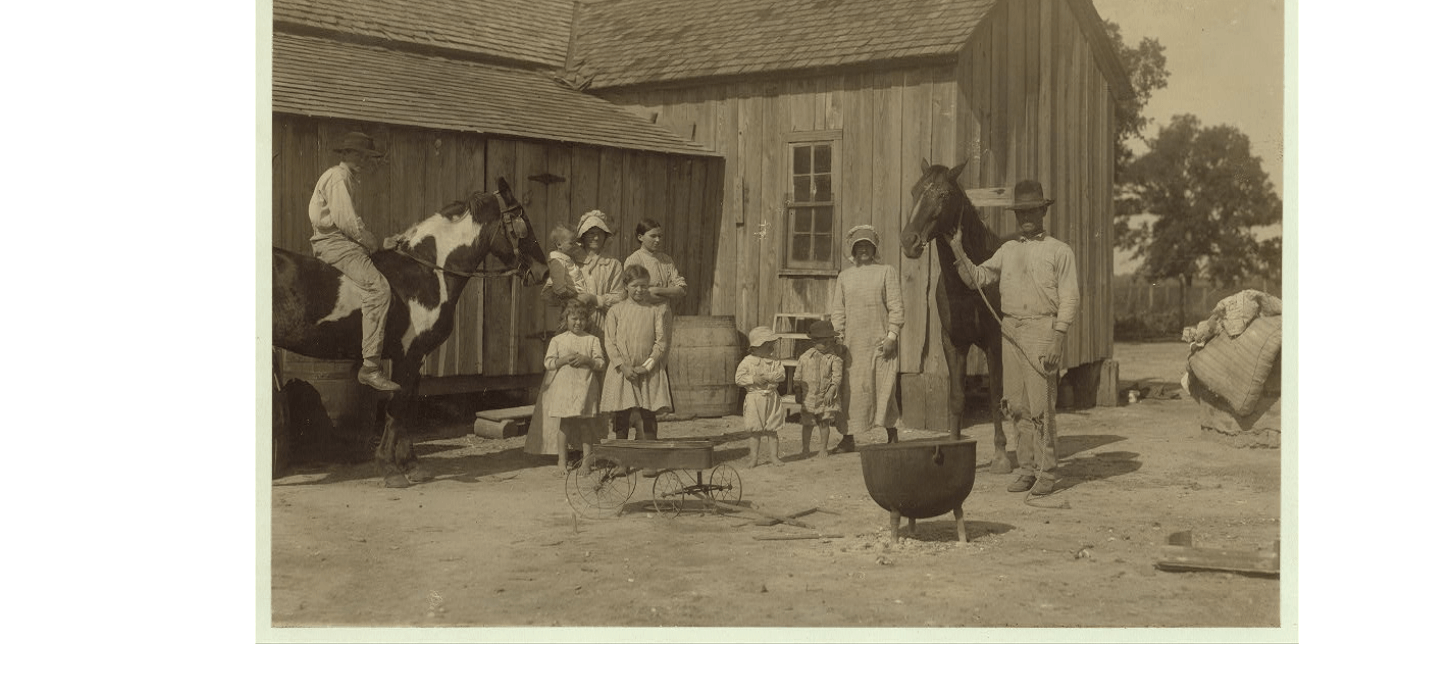
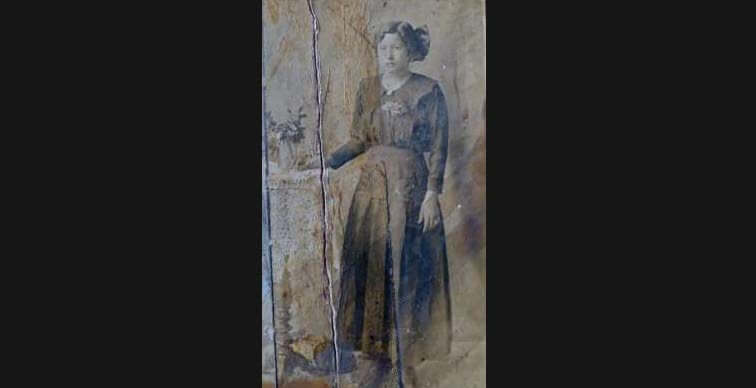
1 Comment
Comments are closed.